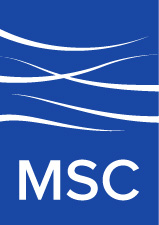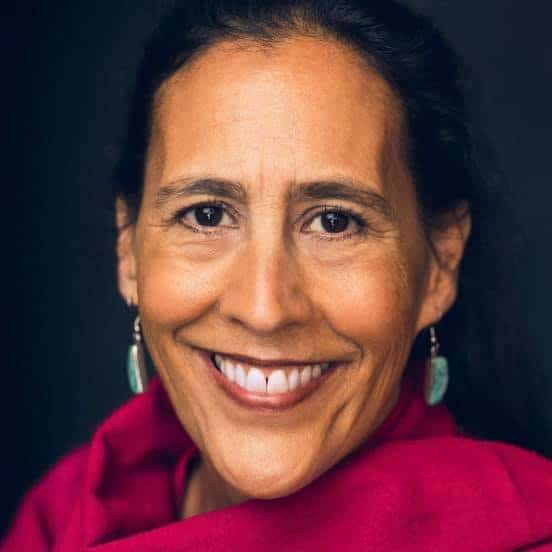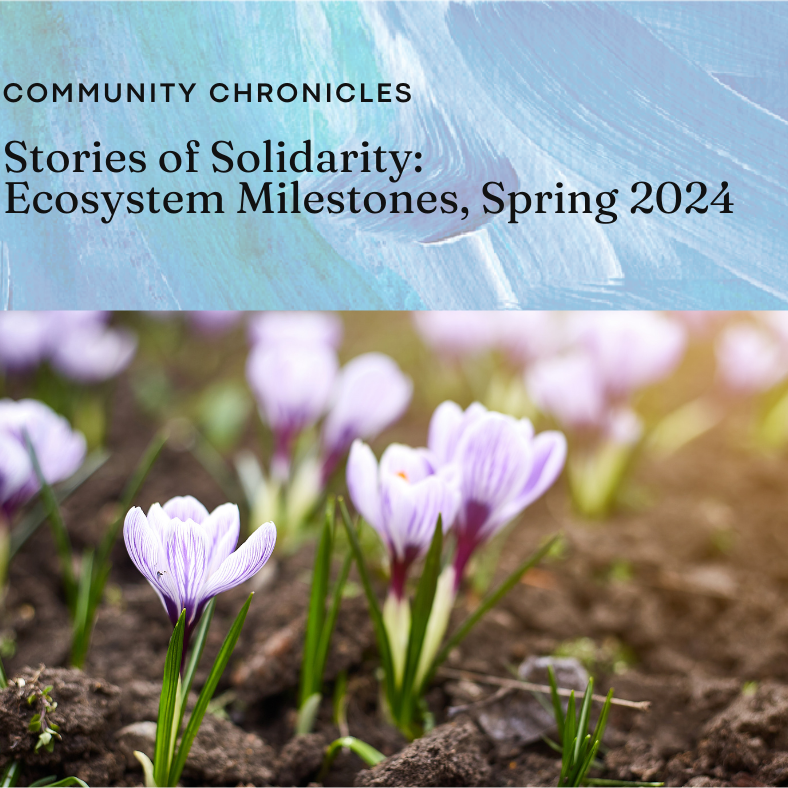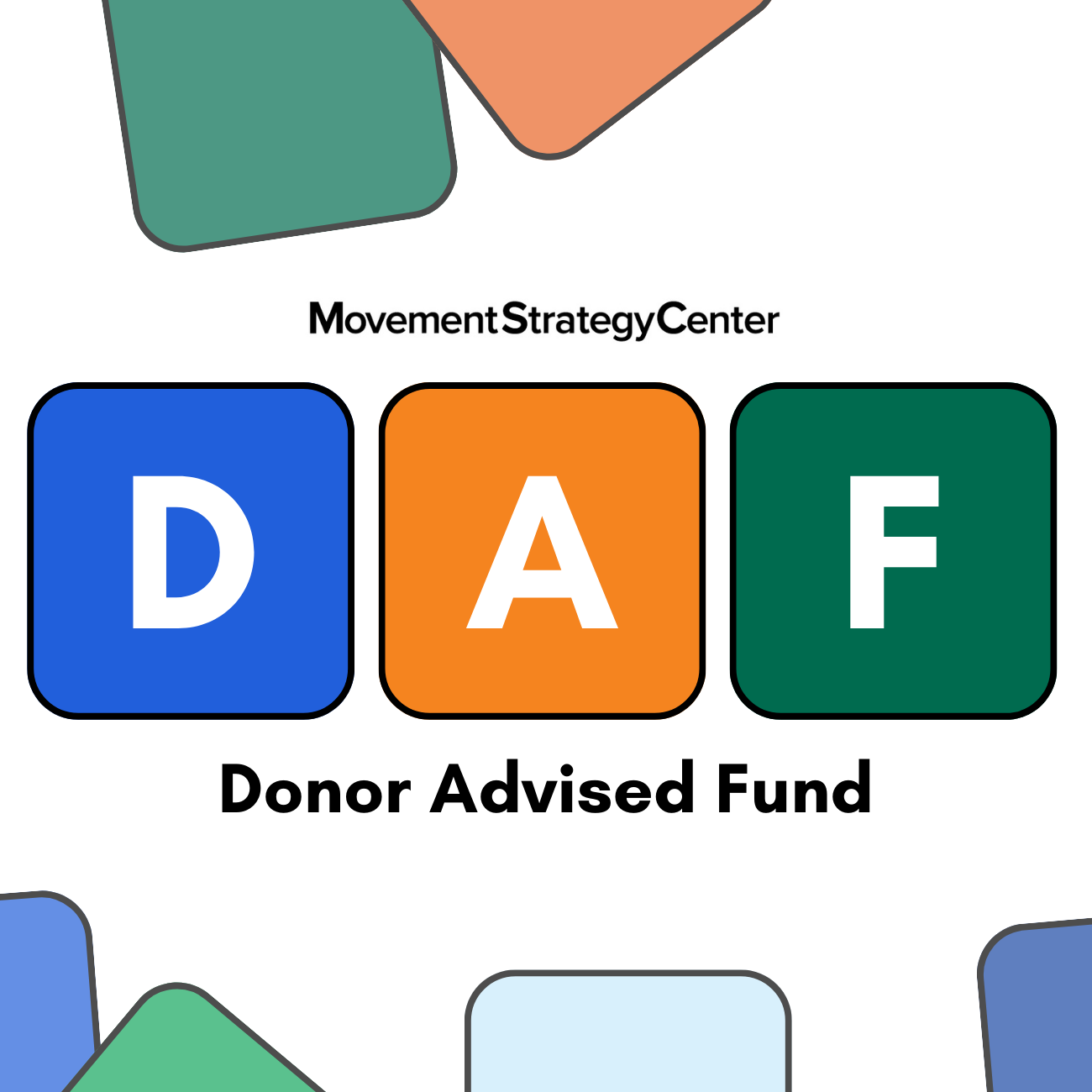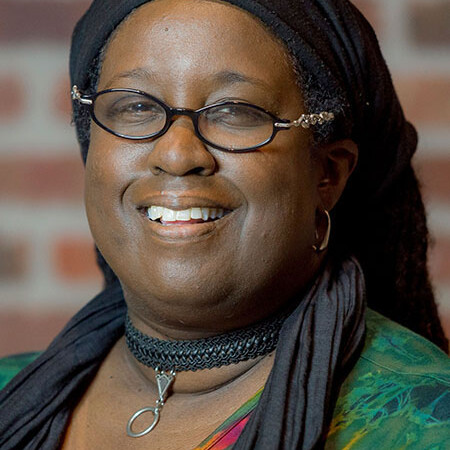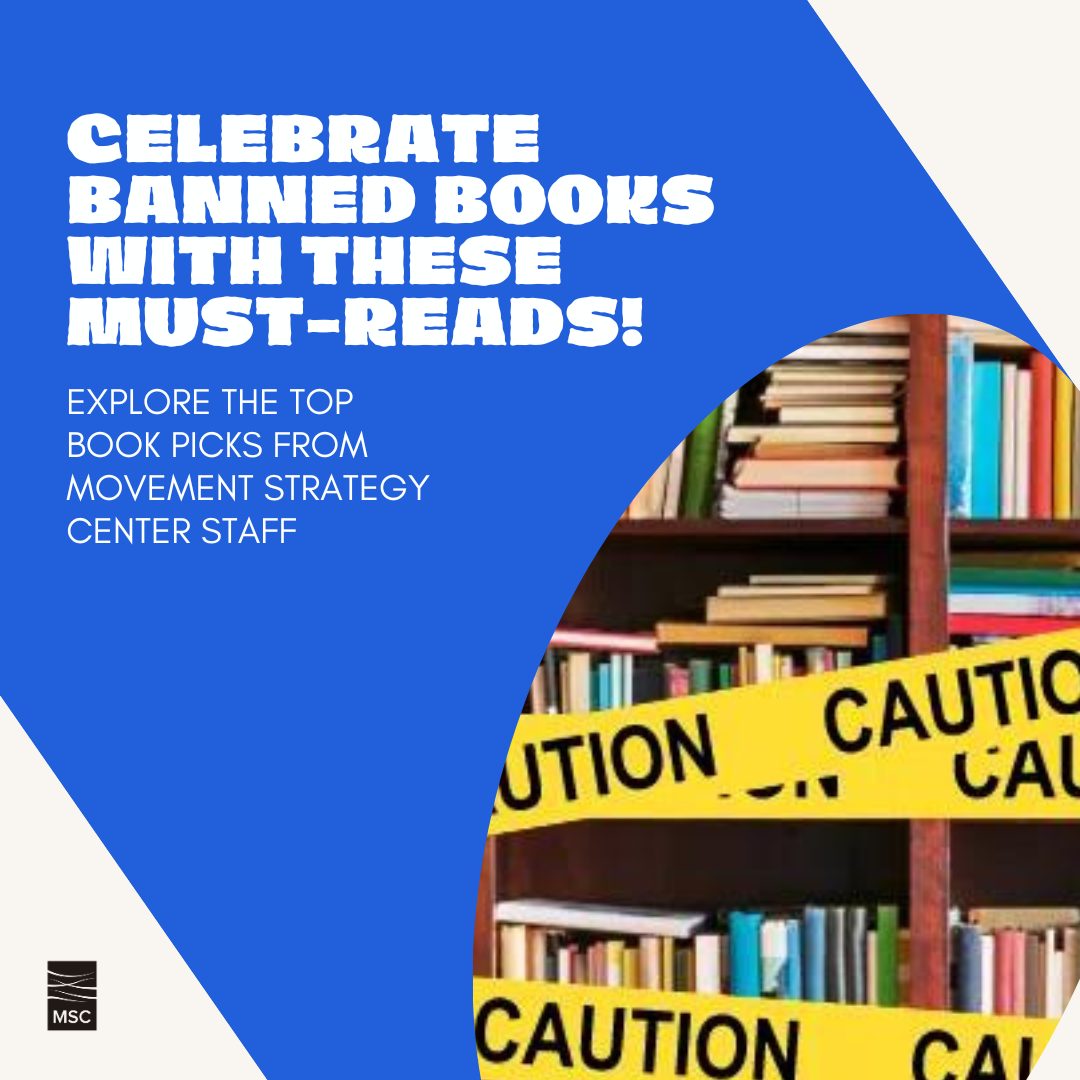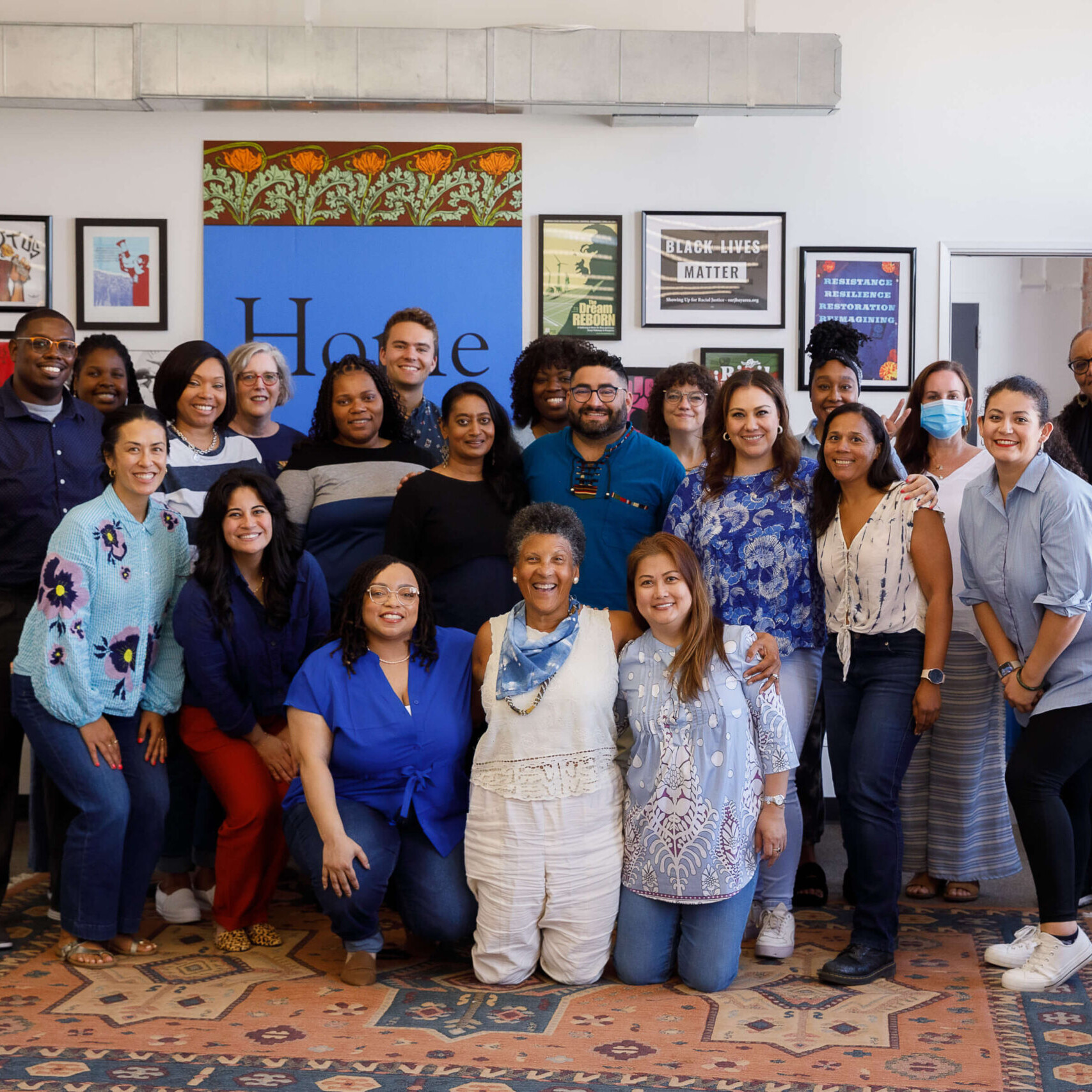MSC’s MIIC Team Gathers in Oakland
May 30, 2024
Movement Strategy Center’s Movement Infrastructure and Innovation Team Strategized, Bonded, and Built Culture During Their Recent RetreatMovement Strategy Center’s (MSC) Movement Infrastructure and Innovation Team (MIIC) held a successful retreat at MSC’s offices in downtown Oakland. Spanning three days, the busy schedule fostered reflection, creative thinking,…
MSC Attends the Alliance for Felix Cove’s Strategic Planning Retreat.
May 29, 2024
A Movement Strategy Center Project Advisor Shares her Retreat Experience Meet Alejandra García Lezama, a member of MSC’s Movement Infrastructure Innovation Center (MIIC) and project advisor to Alliance for Felix Cove (A4FC). She recently attended A4FC’s annual retreat. A4FC, a fiscally sponsored project, is working to protect and restore the ancestral homelands…
MSC’s Advancement Team Gathers in New York
May 29, 2024
Movement Strategy Center’s Advancement Team Further Developed Team Relationships and Organization-Aligned Strategic Goals During Their Recent RetreatMovement Strategy Center’s (MSC) Advancement team arrived on a beautiful spring day in Manhattan eager to build upon their connections with each other and their work; and for one team member, ready to begin their…
The MSC Storytelling Series: Julie Quiroz
May 3, 2024
Our Storytelling Series Features the Folks Most Associated With MSC's History: Meet Julie QuirozIn this installment we get to know strategist and storyteller Julie Quiroz — formerly of Movement Strategy Center (MSC) and founder of New Moon Collaborations, a Movement Strategy Network (MSN) partner.“Are we here for change or are we here for transformation?” It’s…
Community Chronicles: Stories of Solidarity, Spring 2024
March 21, 2024
Movement Strategy Center Highlights Milestones, Stories, and Achievements from the Ecosystem Community Chronicles is a seasonal shout-out to our ecosystem partners and their incredible achievements. Read on for some of the ways our ever-growing list of over 150 community-led and centered partners — including Fiscally Sponsored Projects (FSPs), the Movement…
MSC Launches a Donor Advised Fund Program
March 12, 2024
New Program Gives Donors a Chance to be a Part of Their Own Impact Investing StoryIn late 2023, MSC launched the Movement Strategy Center Donor Advised Fund (DAF) program, allowing individuals, families, companies, private foundations, trusts, and other entities to invest their assets toward building community wealth and power for leaders on the frontlines of…
Jacqui Patterson Named a Time Woman of the Year
March 12, 2024
2024 Time Woman of the Year, Earth Award Recipient, and MSC Board MemberWe’re thrilled to celebrate Movement Strategy Center (MSC) Board Member Jacqui Patterson being chosen as one of 12 2024 Time Women of the Year! Patterson’s Woman of the Year profile lifts up her interconnected approach to environmental justice, poverty, racial discrimination, and gender…
Building Bridges Beyond Banned Books
January 17, 2024
Movement Strategy Center Dives into Consciousness-Raising ReadsAs the political climate around libraries and books becomes more contentious — a school district in North Florida banned nearly 2,000 books, including the dictionary — it’s crucial to remember the importance of diverse and impactful literature. Last year, during Banned Book Week, Read a Book…
Announcing Our Website’s New Landing Page: Why MSC?
January 10, 2024
Over a Year in the Making, Our New Landing Page is Also Our New DEI PageBack in 2022, Carla Dartis, MSC’s Executive Director, asked us to consider adding a DEI page to MSC’s website. Honestly, we — MSC’s small Communications Team — were taken aback by the request. DEI, or Diversity, Equity, and Inclusion, “encompasses the symbiotic relationship, philosophy and…
MSC’s First All Staff Retreat Builds Culture and Relationships
October 31, 2023
Movement Strategy Center’s Staff Convened in MSC’s Oakland Office for Norm-Setting, Culture-Building, and CommunityIt was a beautiful Wednesday morning in the Bay Area as MSC staffers made their way to MSC’s new, sun-filled downtown Oakland office. Tired from their travels the day before, they hugged, shared breakfast, and enjoyed each other’s company face…

